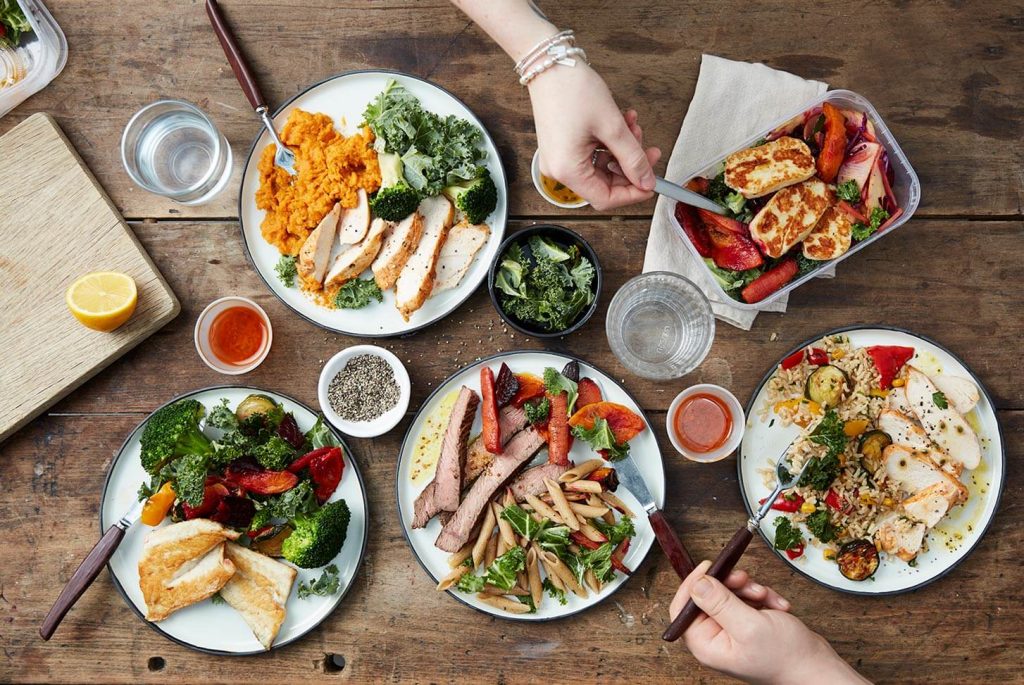As an experienced deckhand, Oliver Mills-Nanyn has travelled the world. This article will explore the benefits of indulging in local food while travelling, tantalising the tastebuds with regional specialities and providing a unique opportunity to learn more about local traditions and cultures.
Whether travelling for business or pleasure, sampling local fare can enhance the travel experience in numerous different ways. Trying local cuisines is an effective means of gaining a deeper understanding of the area, with food inextricably linked with local history, traditions and culture.
By trying local and national dishes, vacationers can learn more about local people and their way of life. In Italy, for example, food is heavily influenced by the nation’s important maritime history. Many famous Italian dishes feature fish, seafood and other ingredients that were readily available to fishermen. By contrast, landlocked countries like Austria and Switzerland are characterised by hearty, meat-based dishes designed to sustain the population through the long, cold winters.
Sampling local cuisine can be a fun and enjoyable way to explore new places. With food forming an integral part of the travel experience, trying exotic new dishes can add a new dimension of excitement to a trip. Many people find trying local cuisine one of the most enjoyable aspects of traveling and an excellent means of creating new experiences and memories.
One important benefit of trying regional cuisine is the impact it has on local communities and economies. When tourists eat at locally owned restaurants they support local businesses and people. This is particularly important in regions that rely heavily on tourism as a significant contributor to the economy. When travellers eat locally they help to create jobs and stimulate the economy, which has a positive impact on the local community.
Eating locally can be a great way to learn about the local environment and its resources. Local dishes are typically based on ingredients readily available in a particular region. For example, mountainous cuisines often centre around meat, baked and dairy products, while coastal regions tend to focus on fish and seafood. Trying a particular region’s food helps travellers to better understand the local environment and how it affects local culture.
Often based on fresh, healthy ingredients packed with nutrients and flavour, local food can offer a refreshing change from the fast and processed foods often associated with Western diets. By opting to eat locally, tourists can enjoy more nourishing meals that have a positive impact on their health.
Eating locally is a great way of enhancing the travel experience and making new memories. From lively Spanish tapas bars to bustling food markets in China, there are countless unique dishes to introduce visitors to a new culture, bringing them closer to the people around them as well as each other. Eating what the locals eat provides an authentic taste of the local way of life.
The great thing about travel is that it exposes people to experiences and encounters beyond their comfort zone. Whether sampling the local street food in Penang, Malaysia, or eating at a fancy, upscale restaurant in New York, food not only encapsulates a country or region but also brings people together.
For those travelling on a shoestring, working part-time at a café presents a way of earning extra cash while learning new skills. It also helps visitors to spend their time abroad in a meaningful way, connecting with local people and learning how to make regional delicacies.
Travelers seeking out regional recipes to impress their friends back home would do well to befriend a local, with local people often providing tips and tweaks that cannot be found in any cookbook. Those too shy for this approach could participate in an organised cooking experience instead – for example, a pasta making workshop in Italy.
Before visiting a destination, it is sensible to carry out research, reading up on the region’s most celebrated dishes. Putting together a list of must-try dishes and ticking them off in turn helps travellers to ensure they do not miss anything. For an added twist, more adventurous holidaymakers may opt to compile a list of exotic foods they feel less inclined to try, pledging to try at least one item before they return home.
Eating locally deepens a visitor’s understanding of local history and regional ingredients. It also presents a unique opportunity to interact with local people, asking questions, benefiting from insider knowledge and potentially making new friends.
Sampling regional food is good for vacationers, the communities they visit and the planet. These are the moments that add colour to vacation experiences, tantalising the tastebuds and making a mark on memories. According to research from Booking.com, 35% of travellers book vacations specifically to try local delicacies, eating at locally owned restaurants, strolling through fresh food markets and tasting unique street foods to experience the places they visit on a whole different level.



